Alyssa Farah Griffin couldn’t hold back her emotions as she released photos showing herself being abused by her ex
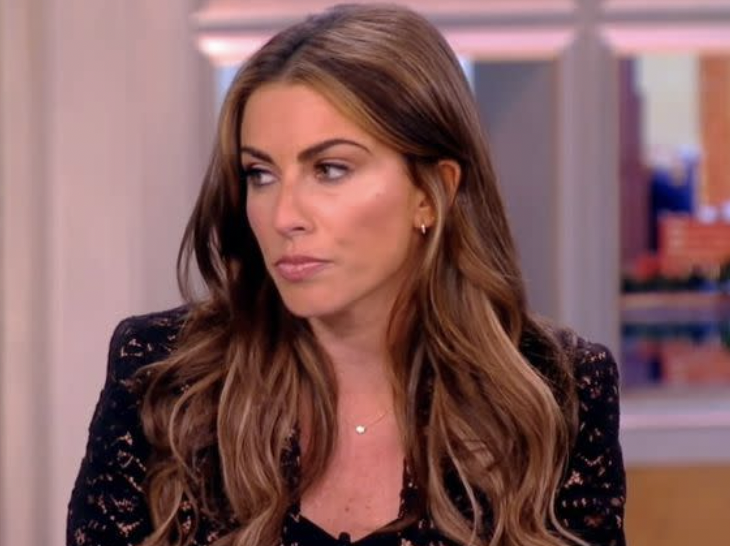
Image: Getty Images
Alyssa Farah Griffin, a notable former White House Director of Strategic Communications, recently took a brave step by revealing her personal experiences with domestic abuse. During a heartfelt segment on the ABC talk show “The View,” Farah Griffin opened up about her past as a response to the resurfacing of a 2016 video that showed rapper Sean “Diddy” Combs assaulting his former girlfriend, Cassie Ventura. This discussion not only shed light on celebrity abuse cases but also sparked a greater conversation surrounding the often-hidden realities of domestic violence.
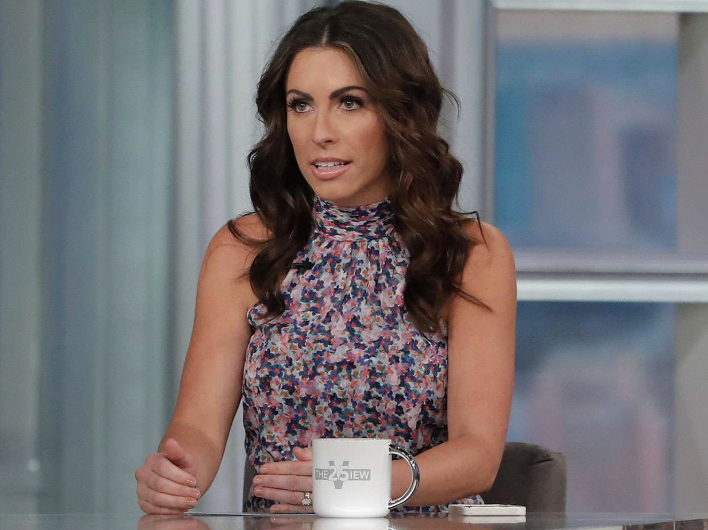
Image: Getty Images
In her candid remarks, Farah Griffin addressed a question commonly posed in discussions about domestic violence: “Why didn’t she leave?” Reflecting on her own encounters with domestic abuse, she stressed that while she was one of the lucky ones who managed to escape, many others remain trapped in their situations. Factors such as emotional manipulation, financial control, and the profound influence of their partners often leave victims feeling powerless to extricate themselves from harmful environments.
Understanding the Complex Dynamics of Domestic Abuse
The video featuring Combs’ violent behavior provided a stark backdrop to Farah Griffin’s revelations. The incident showcased him kicking and physically intimidating Cassie, an act that aligned with the allegations she subsequently made in a legal case that has since reached a settlement. Farah Griffin expressed deep empathy towards Cassie’s predicament, emphasizing the psychological and material constraints many individuals in abusive relationships face.
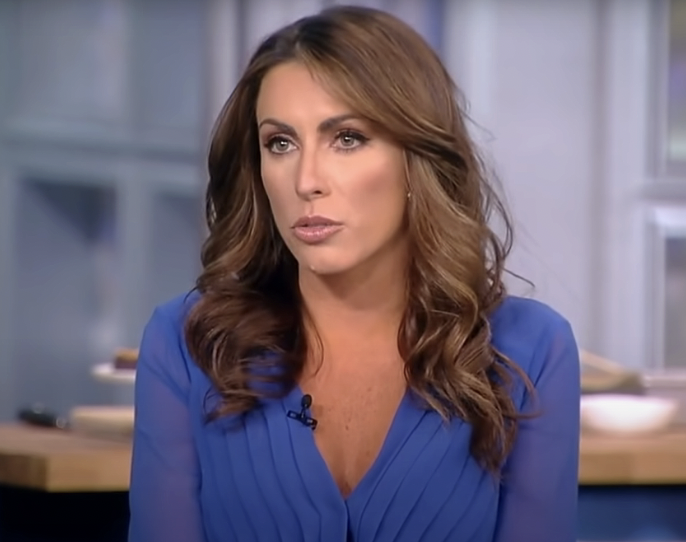
Image: Getty Images
Farah Griffin’s vulnerability and openness catalyzed an essential dialogue about the destructive nature of abuse patterns and the reasons victims stay. She underscored that while some may question why victims do not simply leave their partners, the reality is far more complicated. The combination of love, fear, financial dependence, and social pressures can result in a feeling of entrapment that is difficult to comprehend for those who have never experienced it.
Recognizing the Emotional Toll of Domestic Violence
In her heartfelt address, Farah Griffin articulated the emotional turmoil that accompanies domestic abuse. Survivors often carry considerable psychological scars, lasting long after they have left their abusive partners. The challenges they face include rebuilding a sense of self-worth and overcoming the trauma inflicted during abusive times. These emotional battles can be compounded by societal stigmas that criticize victims for not leaving earlier or not speaking out sooner.
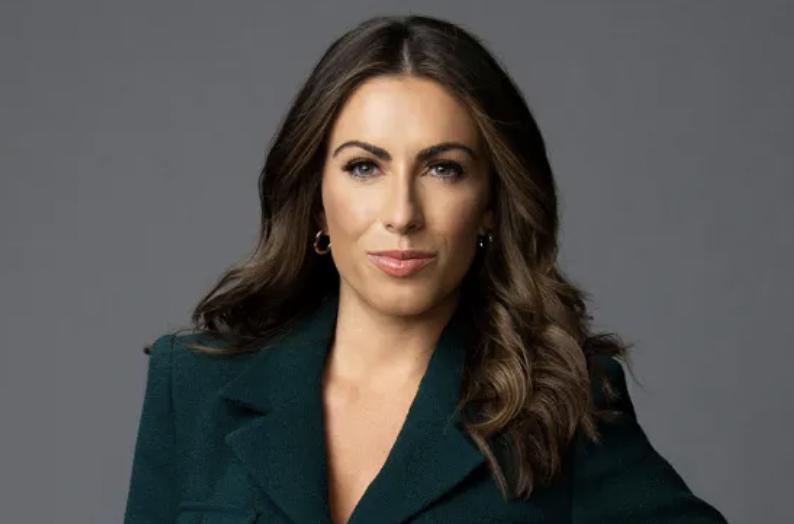
Image: Getty Images
As Farah Griffin noted, the process of healing from such trauma requires immense courage and support. Many survivors may feel a deep sense of shame or fear retaliation from their abusers, which can hinder their willingness to seek help. The conversation sparked by Griffin’s story underscores the necessity for compassion and understanding towards those who have experienced domestic violence.
Encouraging Awareness and Support for Victims
Farah Griffin’s candid sharing aims to amplify awareness of the complexities surrounding domestic violence and the barriers that prevent victims from escaping. By sharing her story, she encourages society to foster a more understanding environment that recognizes the difficulties victims face while navigating their circumstances. Empathy and support from friends, family, and communities can play a crucial role in aiding survivors on their journey to recovery.
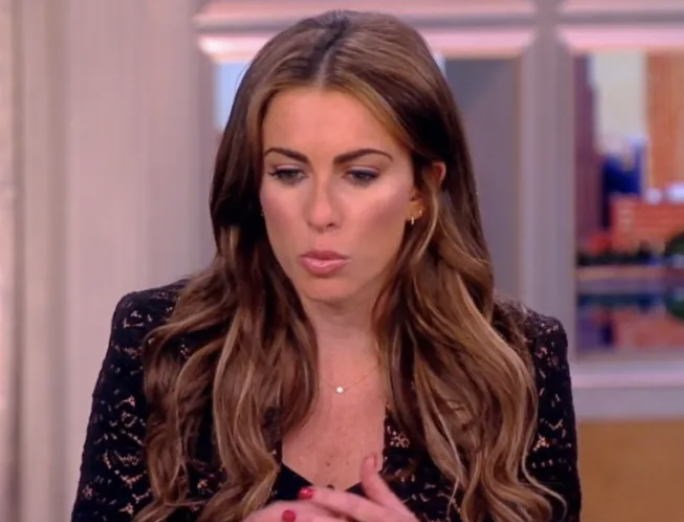
Image: Getty Images
In light of her experience, Griffin called for increased attention towards the resources available for those impacted by domestic violence and emphasizes the significance of strengthening support networks. Education on the signs of abuse and how to provide help can empower both friends and family, as well as community members, to stand in solidarity with those suffering in silence.
For anyone who is struggling with a similar situation, it is important to seek help and know that you are not alone. Resources, such as the National Domestic Violence Hotline, which can be reached at 1-800-799-7233, provide critical support and guidance for individuals in difficult circumstances.
By shedding light on her own experiences, Alyssa Farah Griffin not only shares her journey but also contributes to a much-needed awareness surrounding domestic violence. In unmasking her story, she encourages survivors to find their voices and seek the support they need to reclaim their lives.





